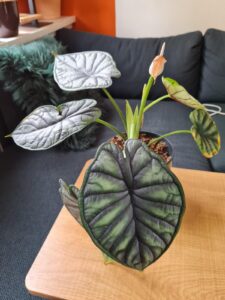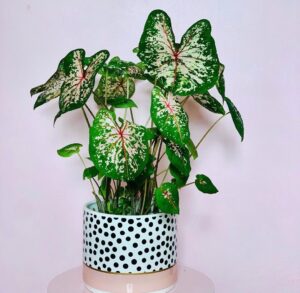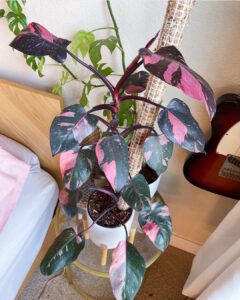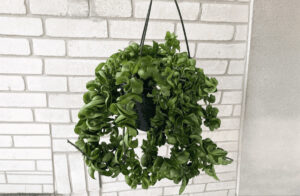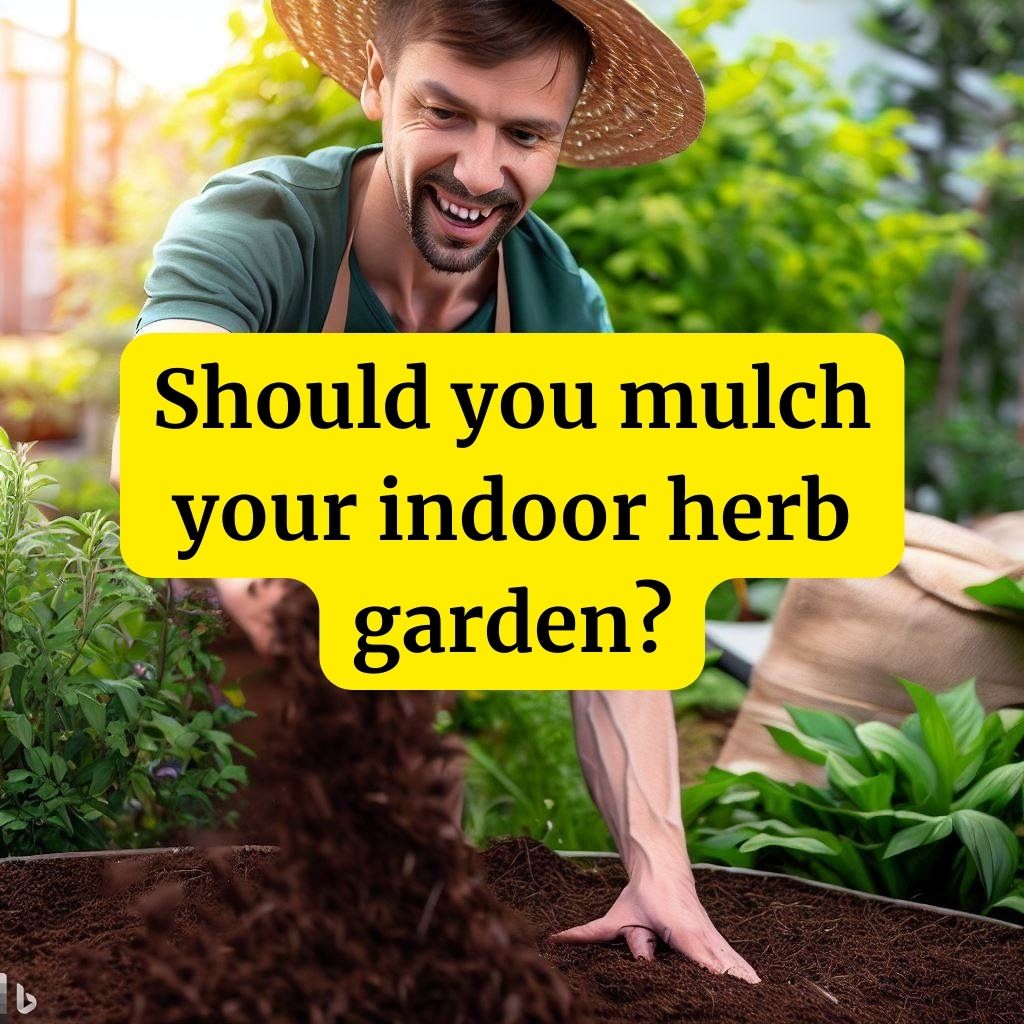
Mulching your indoor herb garden can be a game-changer in terms of plant health and maintenance. Let’s uncover the secrets of this gardening technique and whether it’s a worthy addition to your herb-growing endeavors.
In this article
Why Mulch Matters in Gardening
Before we dive into the specifics of mulching in herb gardens, let’s briefly understand why mulch is a revered tool in the gardening world.
Mulch serves as a protective blanket for your soil. It retains moisture, regulates soil temperature, prevents weed growth, and adds valuable nutrients to the earth. In essence, it creates the perfect conditions for your plants to thrive.
Should You Put Mulch in Your Herb Garden?
As you stand amidst your flourishing basil, rosemary, and thyme, pondering whether mulch is necessary, we empathize with your dilemma. After all, herb gardening is not just about nurturing plants; it’s an art form, a sensory delight, and a source of culinary inspiration. So, is mulching your indoor herb garden a step in the right direction?
The Case for Mulch
Some seasoned herb gardeners advocate for mulch, and their reasons are compelling. Here’s why you might consider mulching your precious herbs:
Moisture Retention
Herbs are like Goldilocks when it comes to moisture. They don’t like it too dry or too wet; they prefer it just right. Mulch acts as a moisture regulator, reducing the risk of overwatering or under-watering your herbs. It helps the soil maintain a consistent level of moisture, preventing drying out during hot spells and excess dampness during rainy periods.
Temperature Control
Indoor herb gardens often face temperature fluctuations, especially if they are near windows or under artificial lighting. Mulch acts as an insulator, keeping the soil temperature stable. This buffer zone protects your herbs from sudden temperature swings, ensuring their roots remain cozy and content.
Weed Suppression
Weeds are the unruly neighbors in your herb garden, vying for precious space and nutrients. Mulch creates an effective barrier, thwarting weed growth and minimizing the need for tiresome weeding sessions. Your herbs can flourish without competing with unwanted intruders.
Soil Enrichment
As mulch decomposes, it releases essential nutrients into the soil. This natural fertilization process can enhance the health and vitality of your herbs, leading to lusher foliage and more aromatic flavors.
The Counterargument
While the benefits of mulching are undeniable, some gardeners argue that indoor herb gardens can thrive without it. Here are the reasons why they choose to forego mulch:
Limited Space
Indoor herb gardens are often compact and carefully designed. Adding mulch can take up valuable space, reducing the number of herbs you can grow. If space is at a premium in your setup, you might opt for other methods to maintain soil moisture.
Aesthetic Considerations
Mulch can alter the visual appeal of your indoor garden. Some gardeners prefer the pristine look of bare soil and consider mulch to be less visually appealing. If aesthetics are a top priority for you, you might lean toward a mulch-free approach.
Soil Mix Quality
Using a high-quality potting mix can reduce the need for mulch. A well-balanced soil mix retains moisture effectively and provides the necessary nutrients for your herbs to flourish. If you’re confident in your soil mix, mulch might be redundant.
Our Verdict
So, what’s the verdict for your indoor herb garden?
If you find it challenging to maintain consistent moisture levels in your indoor herb garden or are plagued by persistent weeds, mulching could be the solution you’ve been seeking. However, if your herbs are thriving without it, there’s no need to fix what isn’t broken.
Remember, herb gardening is a journey of discovery. Experimentation is encouraged. Try mulching with a small section of your garden and observe how your herbs respond. Your green fingers will guide you to the best approach.
Frequently Asked Questions
What type of mulch is best for indoor herb gardens?
For indoor herb gardens, it’s best to opt for organic mulches like compost, shredded leaves, or straw. These materials break down over time, enriching the soil with nutrients and providing a suitable environment for your herbs.
How thick should the mulch layer be in an indoor herb garden?
A layer of mulch that’s 1-2 inches thick is generally sufficient for indoor herb gardens. Thicker layers may impede water absorption and airflow, potentially harming your herbs.
Can I use mulch for potted herbs?
Yes, you can use mulch for potted herbs. Just ensure that you choose a suitable type of mulch and apply it in moderation, considering the size of your pots.
Are there any herbs that don’t benefit from mulch?
Most herbs benefit from mulch, but some extremely drought-tolerant varieties, like lavender and thyme, may not require mulching. Monitor their moisture levels closely to determine if mulch is necessary.
How often should I replenish the mulch in my indoor herb garden?
Mulch decomposes over time, so it’s a good practice to replenish it annually in the spring. This ensures that your herbs continue to receive the benefits of mulch throughout the growing season.
Happy gardening!


